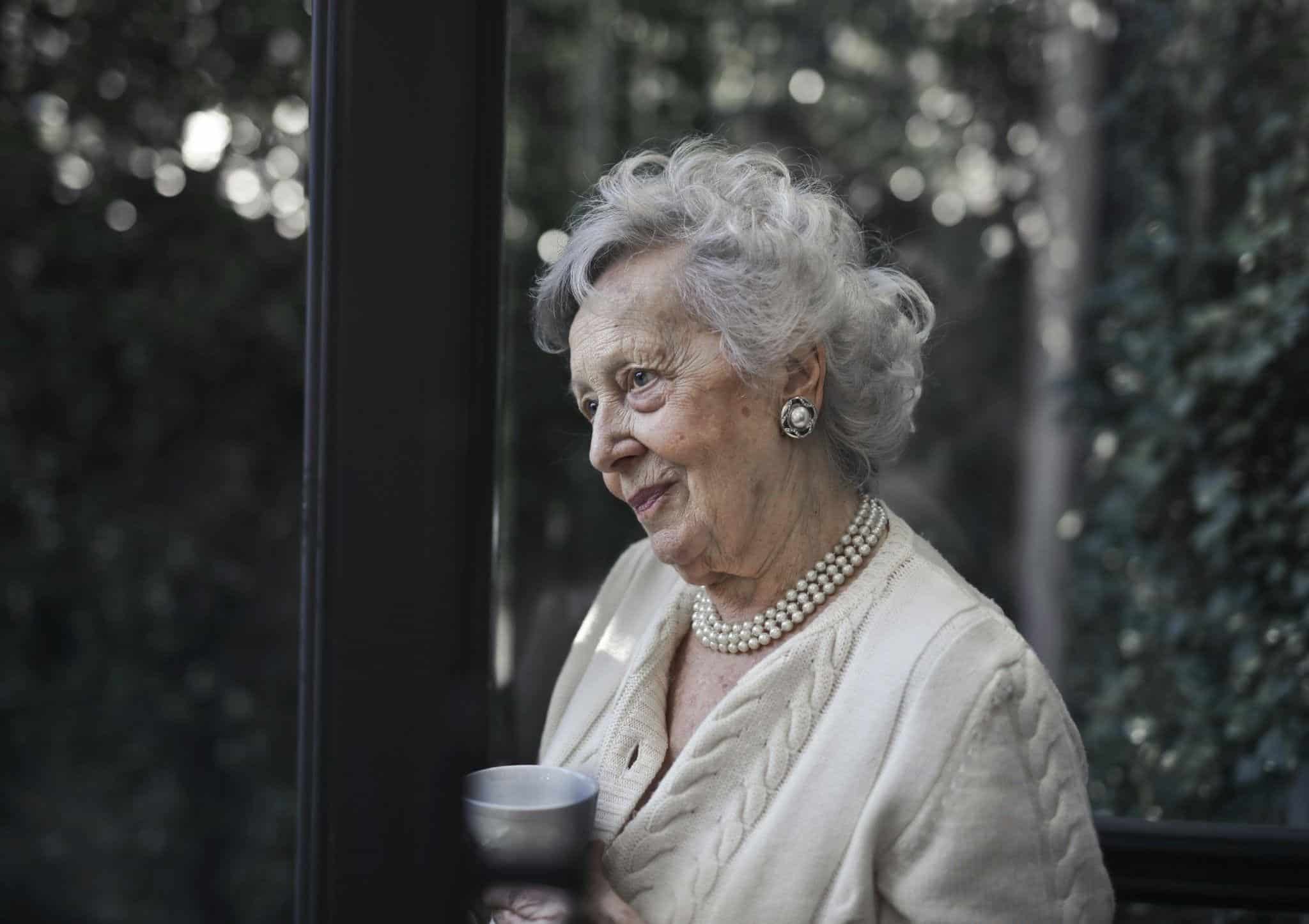Losing a spouse late in life can bring waves of emotions that feel almost impossible to process. You might see your loved one drifting between sorrow, anger, confusion, and deep loneliness. While grief is natural, it’s also overwhelming, especially when routines and familiar comforts suddenly vanish. The role you play as support is crucial, but knowing what to do can feel uncertain. This is why combining empathy with practical steps is essential. By helping your loved one rebuild small habits, seek connections, and lean into healing outlets, you create pathways for recovery.
Encourage Professional Guidance
After the death of a spouse, many seniors benefit from professional support. Trained therapists provide a safe environment where painful feelings can be spoken aloud, reducing the weight of silence. Counselors also help seniors develop coping techniques that bring stability when emotions flare unpredictably. Professional support doesn’t erase grief, but it ensures they don’t face it unaccompanied. A therapist becomes both witness and guide, reminding them that healing is possible even when days feel unbearably long.
Keep Social Connections Alive
Isolation often intensifies grief, while conversation eases it. Encourage your loved one to spend time with friends, neighbors, or extended family. Even short visits can interrupt the heavy quiet of an empty house. Structured groups offer another outlet; seniors often find comfort meeting others who understand their pain. Resources showing how to find support groups for seniors can lead to meaningful new connections. Staying socially engaged is not about distraction but about creating shared spaces where grief feels less isolating. These networks gradually rebuild a sense of belonging and trust in life’s rhythm.
Maintain Healthy Sleep Patterns
Sleep can become elusive after such a profound loss. Restless nights feed fatigue, which worsens sadness and anxiety. Building steady sleep habits is therefore critical. Encourage consistent bedtime routines, calming rituals like herbal tea or soft music, and a dark, quiet environment. Over time, steady sleep restores emotional balance, sharpens memory, and creates the energy necessary for everyday life. Healthy sleep offers the quiet restoration that grieving hearts desperately need.
Find Healing in Pet Companionship
The silence of loss often feels unbearable, and companionship softens it. Many seniors discover profound comfort in pets, whose presence brings warmth and routine into lonely days. A dog encourages walks and playful interaction, while a cat provides soothing companionship. Pets don’t replace a spouse, but their unconditional affection opens space for healing. They help transform solitude into connection, proving that life still offers companionship in new forms.
Support Consistent Self-Care
Self-care is not indulgence but survival during grief. Daily practices like warm baths, quiet reading, or journaling help restore inner steadiness. Encourage your loved one to make time for activities that calm the mind and uplift the spirit. Simple routines anchor the day when chaos of loss looms large. Drawing inspiration from 11 self-care ideas for seniors can guide these practices. Self-care shows seniors that their needs remain important, reinforcing dignity and control. When woven into daily life, these small acts create gentle pathways forward.
Embrace Healthy Lifestyle Shifts
Alongside grief support and companionship, lifestyle changes can create steady ground. Encourage mindful eating, light daily exercise, and consistent routines. These choices stabilize mood and keep the body energized, which eases the emotional toll of loss. Highlighting the value of making healthier lifestyle choices connects grief recovery to everyday habits. Small steps—like choosing nutritious snacks or committing to gentle walks—help seniors feel more in control. By reshaping daily living around healthy patterns, you guide your loved one toward a future where healing feels achievable.
Grieving the loss of a spouse will never be simple, but your support can make the path less lonely. By standing beside your senior loved one with patience and practical care, you help them discover that healing is not about forgetting—it’s about learning to live again with grace.
Unlock your potential with flexible, innovative online degree programs at Breyer State Theology University, where you can pursue your passion in fields like business administration and grief counseling at your own pace.

